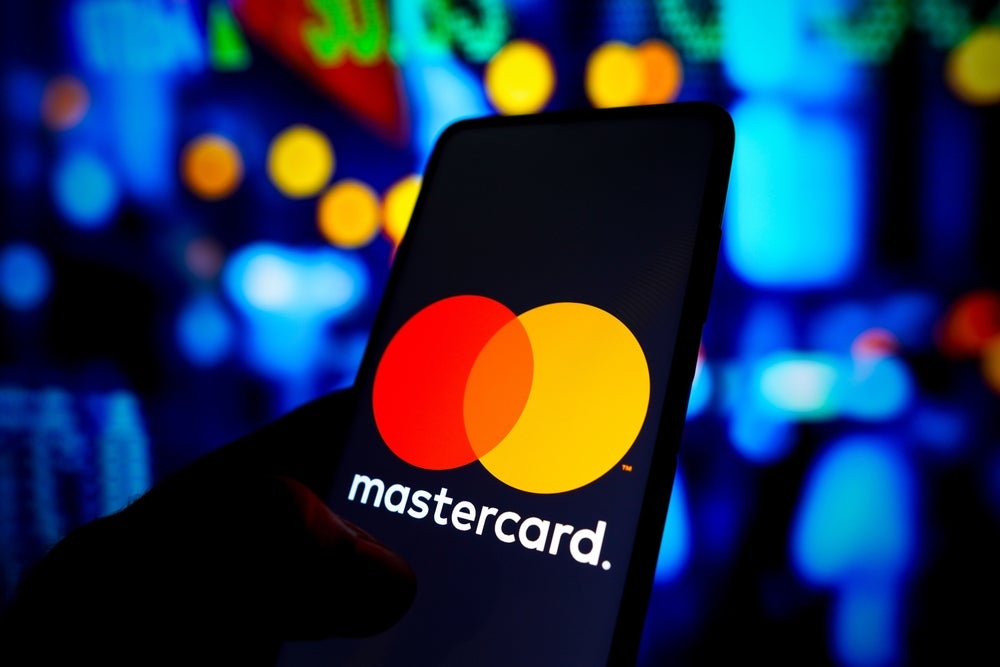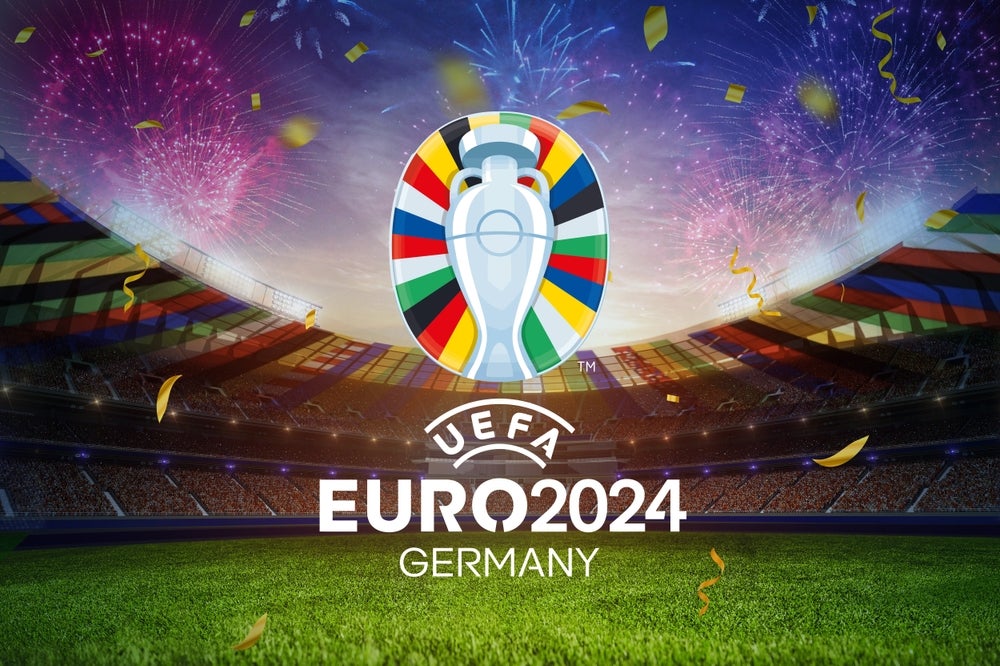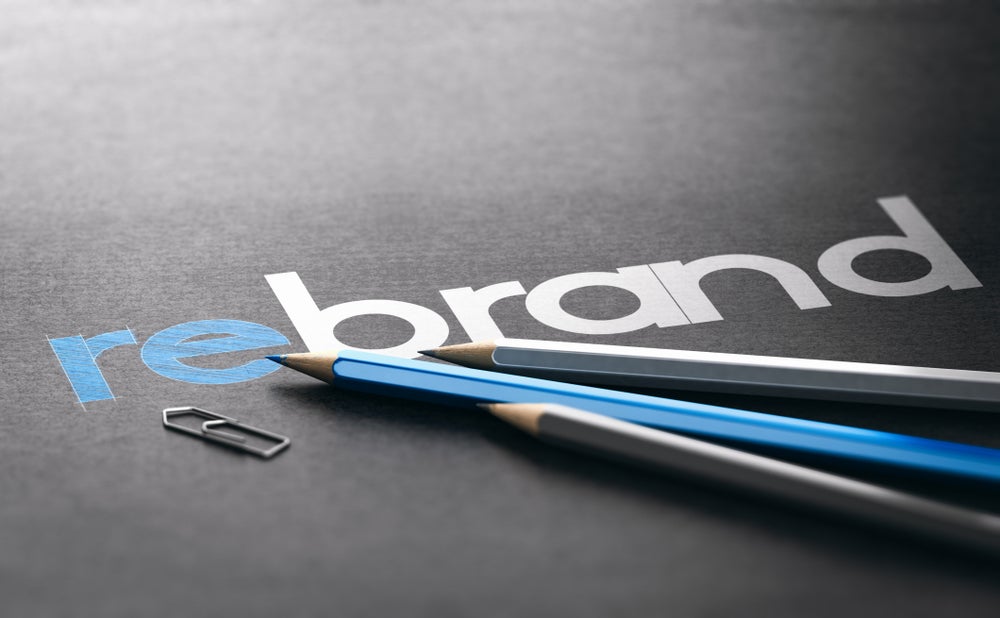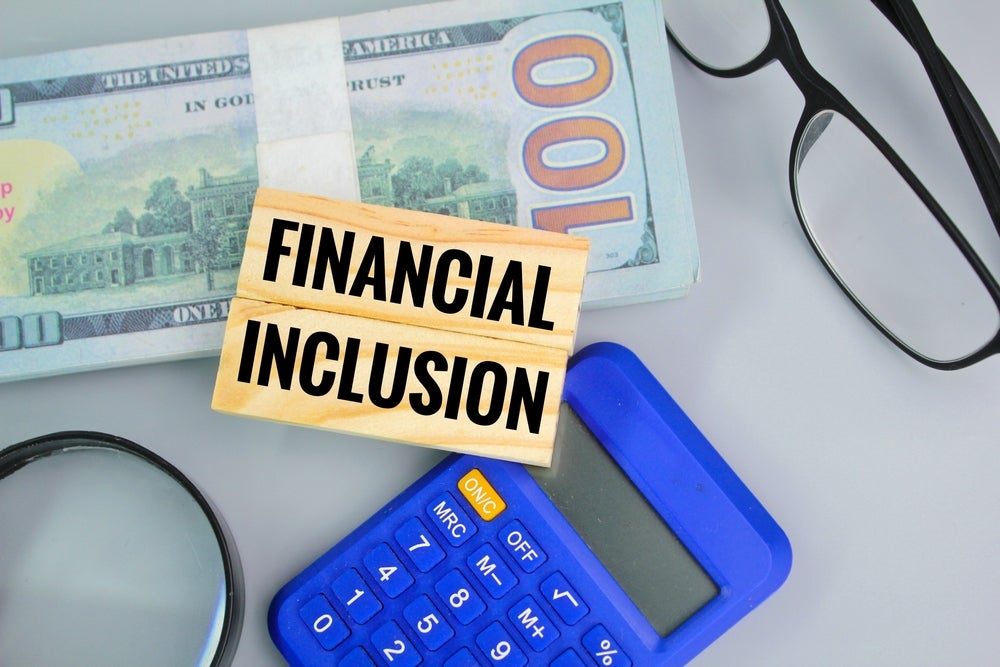
How has Apple Pay done in its first few days on the UK scene? Tweet analysis gives us an idea alongside expert industry comment on Apple Pay’s potential to make or fragment the mobile payments industry
Rich Wagner, CEO, Advanced Payment Solutions
"Apple Pay strikes me as one of the few operators outside of the card space that has really thought about their payment offering. Of course, Apple is renowned for its deep insights into the mind of its users but it is clear from the decision to partner with the likes of MasterCard and Visa that Apple also recognises its own strengths. Apple has acknowledged that it is not best placed – and maybe not trusted by its customers – to store sensitive payment data, so has been smart to align itself with the credibility and expertise of the biggest card schemes.
Love them or hate them, Apple’s customer experience is best in class, and in my opinion, it has got to be the best collection of minds to crack the seamless, frictionless payment experience that consumers demand. The UK launch will boost the payments industry as a whole, but however cool the technology, it will take years to reach anything near mainstream adoption. However, it’s interesting to note that Apple’s margins will be far lower in the UK than in the US, due to the huge discrepancy in interchange fee rates between the two continents. This reduces the commercial opportunity for Apple Pay in this market, so it will be interesting to see just how much focus it puts on the UK to get this on the ground, compared to Stateside."
Francesco Burelli, Partner, Innovalue
How well do you really know your competitors?
Access the most comprehensive Company Profiles on the market, powered by GlobalData. Save hours of research. Gain competitive edge.

Thank you!
Your download email will arrive shortly
Not ready to buy yet? Download a free sample
We are confident about the unique quality of our Company Profiles. However, we want you to make the most beneficial decision for your business, so we offer a free sample that you can download by submitting the below form
By GlobalData"The industry has been looking at Apple Pay as a game changer. The launch of Android Pay combined with a reasonable penetration of NFC terminals, in particular in London and major towns, are promising building blocks to see NFC mobile-enabled payments taking off. Banks have flocked to sign up and announce their support to Apple Pay both in the US and in the UK.
Nonetheless take up will be slow. This is due to a number of factors. Apple has just over 18% market share globally, based on IDC research, while Apple’s UK smartphone share is just under 40%, based on Statista research. eMarketer research states 55% of UK consumers have a smartphone, leading to the estimate that about 22% of the UK population are iPhone users. iPhone 6 owners have been keen to sign up to Apple Pay but the adoption of it must take into account the fact that the UK handset upgrade cycle is 24 months for the most part in UK contracts. Few consumers are willing to pay full price for the sake of being able to use Apple Pay and would rather wait to get the new phone as a contract upgrade.
So, even if we assumed to see a full switch to iPhone 6 by the Christmas season 2015, and we started to see Apple Pay volumes registering on transaction statistics, it is still likely that Apple Pay transaction volumes would be low and will take time to grow.
I would also consider the other UK mobile payment solutions including Barclays’ Pingit and ZAPP. Ultimately the mobile payment space is over-supplied with a significant number of wallets and interfaces competing in a market that I would expect to become pretty fragmented in the medium period.
Take off will happen but slowly and will represent a very, very small share of total transactions for the foreseeable future."


Mohamed Horani, CEO and Chairman, HPS
"The payment industry is in full digital transformation, most noticeably in the mobile payment space. It is booming worldwide, and is now the object of a wild race between banks, telephone operators, international payments organisations, technology companies, large retailers and many other entrants seeking new opportunities beyond their traditional activities.
According to a report published by McKinsey in October 2014, growth in the payment industry is built on sound foundations and is expected to be reinforced in the coming years.
Revenues increased by 6% in 2013 reaching $1.6trn, and accounted for 41% of the revenues of banks in the world. The annual growth rate of the payment industry should reach 8% in 2018, and should boost payment income to $2.3trn.
The bad news is that according to the same report by McKinsey, the margins on revenues have been under pressure for the last 5 years. The most striking example is the new regulation by the European Commission of the interchange rate, which is likely to come into force in 2016. In its current form, it would cause the evaporation of $7.2bn of revenues in Europe.
The key to facing these challenges is technology, as it gives companies the tools they need to adapt in an ever changing environment. The rate of change can only increase, democratising access to electronic payments and contributing to financial inclusion. They provide great opportunities for all market players.
New entrants are challenging the traditional players, using entirely digital means. For instance Uber, the largest taxi company, has no vehicle and Alibaba, the largest trader in the world, has no stock.
2008 marked the start of a new financial world, even if we were not aware of it at the time. What emerged from the financial crisis was a new economic system based on sharing and collaboration, driven by communication, with the gradual spread of the Internet of Things, and secondly energy, with the arrival of new sources of energy."
Peter Keenan, CEO, Zapp
"I think customers now are getting quite attuned to having many different payment options. They will select payment options as to whether they want to collect points, have bonuses such as holiday insurance, or want to use debit card because they are tightly budgeting.
Much as I’d love to have 100% of the market share in mobile payments, that’s rare in any market. Our view is that the market is big enough for the likes of Zapp, and Apple Pay, and others as and when they arrive.
The one great thing Apple has done is to solve the debate around whether it is going to be NFC or not- it has also given the market great confidence that mobile payments as a solution is coming. Now it is just a matter of who the key players are going to be and how quickly it is going to be adopted by consumers. Up to the point of Apple Pay coming people were still debating whether mobile payments were ever going to take off. That debate has gone away. It is absolutely here to stay, so for us it is a net positive.
It goes without saying that Barclays has been one of the most innovative banks in the payments space. I very much see them as trailblazers in digital and the digital payments space, so for Barclays to join our ecosystem is a vote of confidence in what we’re doing. They very much see what we’re doing as the future and they like the opportunities it will bring their retail and corporate customers.
While currently Zapp remains an online solution only, we do not see this as a limitation, rather a differentiating factor at the moment.
Zapp is for online purchases and m-commerce purchases and this is the one difference between us and Apple Pay, which doesn’t have an e-commerce (buying in browser or desktop) solution. We will be the first ubiquitous mobile-based e-commerce solution out there. Our m-commerce solution is, we believe, by far a better solution and we have an in-app solution as well. In addition, our in-store solution launches at the end of the first quarter next year and we will be using NFC-based technology on that one."
Carlos Sanchez, CEO, ipagoo
"Apple Pay is a useful solution but just one more competitor. It will take off in the UK if they convince enough banks and enough retailers to partner.
There’s just too much choice- people will get confused. The industry needs interoperability. You could argue that everything which is based on card virtualisation, be it token or otherwise, is interoperable because everybody can acquire cards but even in that space, the way to exchange information between the seller and the buyer about the payment is not standardised. I think we need an international standards body like ISO looking at the basic things that will enable interoperability without stepping into the competitive space. If you have to convince everyone to use a specific app or a specific device, it’s much more cumbersome and you need much more investment in marketing- you might not even make it, no matter how good you are. Standardisation is one of the things that regulators here are pursuing, standardisation of messaging, but it’s not just at infrastructure level, it should also happen for whatever information is passing the NFC connection, for example, so that we can start thinking along the lines of "my app works with your app". That’s the way to go."
Rich Bialek, CEO, GTP
"As more and more payment transactions take place without a plastic card, Apple and Apple Pay are well positioned to take advantage of the ongoing digitisation of payments. They have the brand, the technology and the business model to be disruptive and successful. The Apple brand is powerful, aspirational and recognised globally. The authentication and overall transaction security is sound. Their ability to insert themselves into the payment value chain and earn a few basis points of revenue on each transaction insures they have a sustainable business model. Combined with the number of iPhones in consumers’ hands today they have the market presence to shape and advance this market."
Chris Davies, Managing Director, Global Payments
"In some ways it’s more straightforward in the UK than in the US. It is difficult to get a full picture on what the commercial arrangements are going to be between card issuers, who are in effect going to be providing the issuing side of the process, and what the arrangements are with merchants. In the US there is a premium to be paid that Apple puts on top of the interchange rate that the issuers get. It’s not clear if this will be the case in the UK yet.
Where Apple really wants to try and improve the consumer experience is with in-app purchases. The mobile payments process usually takes a number of screens, with Apple Pay it’s pretty much a single screen, using Touch ID and the approval goes through. Speed is so important – mobile users typically are on the go and don’t want to go through 3D Secure on their phone. Having that improved shopping experience should make Apple Pay successful in the UK.
Face-to-face, it is just an element of substitution, similar to cards, although early adopters will use it and tech-savvy people too, but the real benefit comes with the in-app site.
As retailers become more attuned to mobile and tablet payments and ready their shops to be truly omnichannel, the in-app process will become even more important.
Apple has changed the dynamics in other industries already and it has a real chance of taking some market share here but it will be a longer burn and will depend on how each individual consumer integrates their mobile into their lifestyle. It’s unlikely to take the world by storm like iTunes did.
It’s likely that Apple will tie in loyalty programmes as it’s a very straightforward process for them to add on rewards. This would be the differentiator over low value contactless card payments. Apple already has a strong loyal following but it also has to find ways of getting people to choose Apple Pay."
David Abbott, EMEA Payments Lead, Fiserv
"From a business perspective, the UK is rapidly moving to a low interchange environment which means that any additional costs for payments processing will go against the market trend for merchants. This is a consideration that cannot be ignored as Apple tries to grow its share of the payments market.
Despite these challenges, Apple Pay is a highly innovative payment option that will have appeal for both Apple fans and consumers who see Apple Pay as a bonus feature on their smartphones. There have been 12 years of hype around mobile payments, and this announcement represents a real change for the industry. We’re seeing an invigoration in payments across the sector, with emergent payments methods coming to fruition, an uptake in consumer usage and merchants ensuring that they have the latest technology to fulfil transactions. As such this could well be the perfect time for the roll-out of this technology."
Ian Hermon, mobile payments specialist at Thales e-Security
"The launch of Apple Pay has caused a real shift in the payments landscape – its UK debut will be exciting news for consumers, offering access to a slick and quick payment option with a brand they love, and carry around with them 24/7. What these consumers won’t see, however, is the significant rearrangement behind the scenes as card schemes and issuing banks grapple to establish new relationships, security approaches and commercial models.
The launch will cause further momentum in an already extensive contactless NFC terminal infrastructure in the UK – a further endorsement of the established payment rails and EMV infrastructure. This will likely lead to an uptick in adoption of mobile payment technology, and consequently, Apple will find itself in a constant battle to balance user convenience with ensuring security is factored in from the start. This simply has to be a number one priority if consumers are going to put their trust in mobile payments. With that in mind, it is encouraging to see tokenisation at the heart of the security agenda, which will help issuers with payment channel separation and also protect the merchant in the event of a data breach."




Click to read article on consumer preferences by Liam Lannon, Sopra Steria







